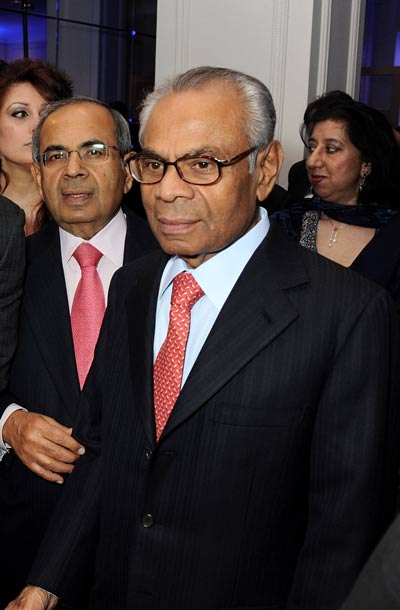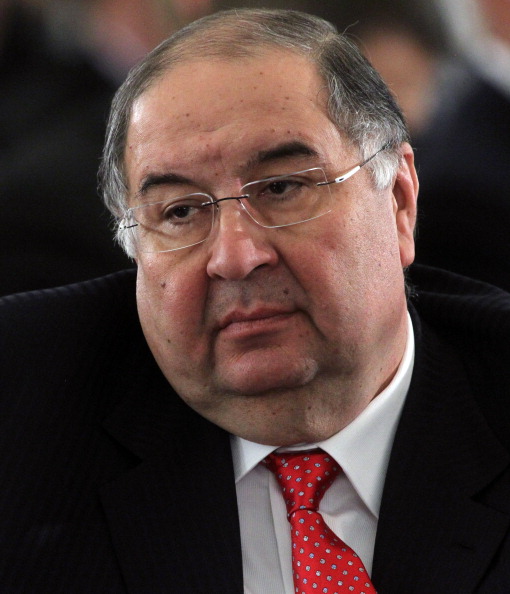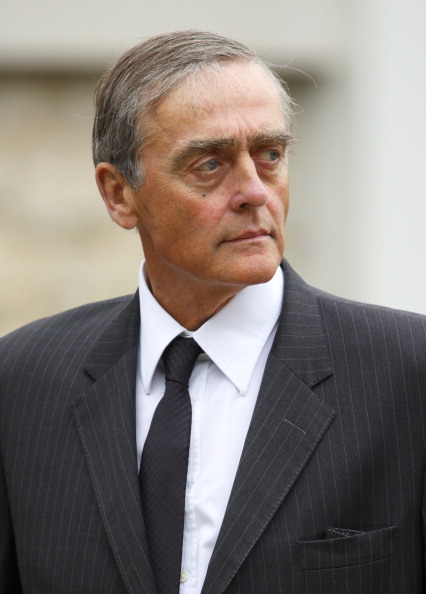- City Fajr Shuruq Duhr Asr Magrib Isha
- Dubai 05:23 06:41 12:10 15:09 17:32 18:50
London has more billionaires than any other city in the world, and Britain has more billionaires per head of population than any other country, new data showed on Saturday.
The survey of Britain’s super-rich compiled for the Sunday Times newspaper is likely to prompt debate in a country where many still struggle financially and where food banks are a fact of life, despite economic growth recently returning to levels not seen since the 2008 financial crash.
London is home to 72 of Britain’s 104 sterling billionaires, well ahead of Moscow in second place with 48 people worth the equivalent of £1 billion (6.19 billion) or more.
New York is in third place with 43 billionaires, San Francisco in fourth place with 42, Los Angeles next with 38 and Hong Kong in sixth place with 34.
Indian-born brothers Sri and Gopi Hinduja top the British list with a fortune of £11.9 billion, amassed through the family-owned Hinduja Group, which has interests in oil, banking, the automotive industry, property and the media.

Gopichand Hinduja and Srichand Hinduja Pic: Getty
The pair nudged last year’s top of the billionaire list, Alisher Usmanov, to second place. The Uzbekistan-born Russian’s fortune has been hit by the fall in value of the rouble and Russian stock prices due to the Ukraine crisis.

Alisher Usmanov Pic: Getty
Others in the top 25 include Ukrainian-born internet, chemicals and music industry investor Len Blavatnik in fourth place, property magnate the Duke of Westminster, Gerald Grosvenor.

Len Blavatnik Pic: Getty
This year is the first year the minimum wealth of Britain’s 50 richest people has topped £1.5 billion. Only £700 million was needed to join the exclusive club a decade ago.
Britain’s 104 billionaires have a total wealth of £301.13 billion, compared to 88 a year ago with a combined worth of £245.66 billion.

Duke of Westminster, Gerald Grosvenor Pic: Getty
The combined wealth of Britain’s super-rich is now well ahead of pre-recession levels of 2008, which then totalled £201.99 billion.
On Friday independent thinktank the National Institute of Economic and Social Research said British per-capita gross domestic product — often used to indicate a population’s average wealth — was “well below” the pre-2008 peak, and unlikely to exceed it before 2017.
The Trussell Trust, Britain’s largest food bank network, said the number of people that had approached them for emergency food had risen 163 percent in the year to the end of March to just over 913,000 people.
The group labelled the figure “shocking”, particularly as it does not include those helped by other food providers or the large number of people too ashamed to seek help and who cope by eating less food.
(Home page image courtesy Shutterstock)
![]() Follow Emirates 24|7 on Google News.
Follow Emirates 24|7 on Google News.